PDF chapter test TRY NOW
Every child considers their teacher as a special person. They can also be people who they look up to. Generally, when we look up to someone, we tend to think of them in high terms. It is difficult to believe that they lead the same kind of lifestyle that we follow. The child here also makes certain assumptions and questions if his teacher can do the ordinary things that he follows in a normal day.
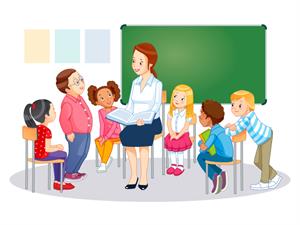
A teacher along with her students
In the first stanza, the child wonders where the teacher goes after four o'clock. Most schools end around four in the evening. The students rush in groups to reach home. Some go home by bus, some walk, and some are taken home by their parents or other elders. It is a highly busy time when people are in a hurry. Amidst all these chaos, the child wonders where the teachers goes to. Since he considers the teachers as someone different from him, he finds it difficult to believe that the teachers have the same lifestyle that he has.

Children outside the classroom
This thought would also have come to his mind because of the impact of certain beliefs and assumptions he has as a child. Most children believe in magic and mysteries which include fairies, elves, pixies and Santa Claus, or even characters like Spiderman and Superman. These are characters who are capable of doing anything like performing magic or creating wonders. For the child, the teachers are also similar to them, as they place him on a high pedestal. He probably expects them to have a secret hideout where they are on a secret mission. He questions the fact that his super teachers could live in a house like ordinary human beings.
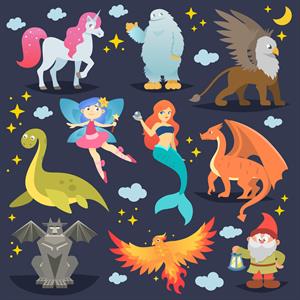
Magical beings
Schools make children disciplined and regular. They are encouraged to wear neat clothes, clean socks and polished shoes. The child wonders if the teachers who ask him to wear clean socks to school have to wash their own socks. The question could also mean that he finds it impossible to believe his teachers, whom he has seen as a person who is well-read and teaches difficult subjects should have to do such basic chores like washing socks.

Washed socks
In the second stanza, the child asks if the teachers wear pyjamas, which can be seen as a continuation of his previous question, where he questions if teachers live in houses. Every individual is in his own comfort zone in his house. They wear their comfortable clothes which are most often loose fit. People focus more on style and fashion when they have to present themselves to the outer world. Teachers especially wear formal clothing in class as they have a huge impact on students. The child has seen his teachers only in professional attire, is surprised that they would wear pyjamas at all.
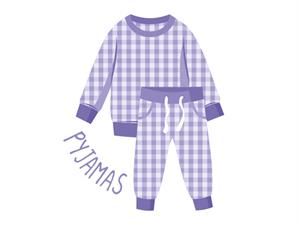
Pyjamas
He then goes on to question if teachers watch TV. Generally, television, radio and other media platforms are all forms of entertainment. The child wonders whether the same teachers who discuss highly intellectual topics and subject-related matters would watch light-hearted jokes or cartoons in the TV. He ponders about the possibility of his ideal teachers seeking relaxation from entertainment platforms like any ordinary person, and if he has time to do so.
Schools teach good habits and hygiene. Picking one's nose in public is not considered to be a hygienic habit, since it can spread germs to other people and cause diseases. But most children practice such habits prohibited in public like biting nails or picking nose, in private. Teachers scold students who pick their nose. But he wonders if the child in the teachers comes to life when they are in private if they has the ordinary flaws that every human being has.
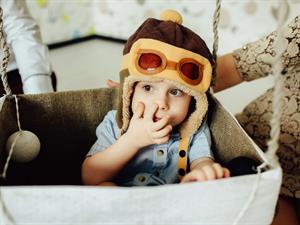
Child picking his nose
The child probes whether the teachers lives alone or with people around them. This might be due to the fact that other than the interaction he has with the teachers in the class, he knows very little about their personal life. He does not know about the place they live or their likes or dislikes. But he is curious to know about it. He wants to know if the teachers who is an adult, has parents like him. Parents usually scold children when they make mistakes, to guide them in a proper way. He wonders if the teachers who scolds him and is considered as a superior to them, also has someone who scolds or controls them.

Child meeting teacher with parent
The child innocently ask if the teachers who is a grown up individual and who guides children now was ever a child once. This question ponders more into the childhood life of the teachers. Being a child themselves, they are aware of the little pranks and mischiefs that they have made along with their friends. He is surprised if his ideal teachers ever did them. It is not possible to imagine the teachers who are considered to be perfect, as someone who forgets to do his homework or fails in a test. This is probably why he asks whether his teachers was ever a bad child. When he had been naughty, his teachers had called him a bad child, but he wonders if it was possible at all for the teachers to have done the same, as a child.

Child being told about bad behavior
The child then asks questions which are relatable to his own school life. Every child makes mistakes in school and gets punished by their teachers. As an addition to his earlier question of his teachers being naughty, he lists out things that he wants to know if his teachers have experienced. He asks if his teachers have also ever had the experience of not getting their spellings right. Like all children, he thinks that his teachers being a wise person, cannot make mistakes at all. His question can be taken in short as "How can someone who teaches me spellings and punishes me when I am wrong, ever have made the same mistake". The teacher, according to him, is the perfect person.
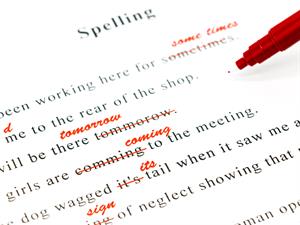
Spelling mistake
He then recounts an incident where he has seen grown ups punishing children when they steal something. Pinching a chocolate flake in this sense means, taking away small bits of dark chocolate. They get punished even if it is not an entire cake or chocolate bar and is only a bit of chocolate. Children generally get excited to see the shiny bits of choco flakes placed as a decoration on top of a cake or ice cream. But since it is considered as bad manners, they are punished by making them stand in the corner of the room. It is a common punishment given to children to reflect on the mistake they made. The child is supposed to think about his mistake, what made him make that mistake and then regret about it.
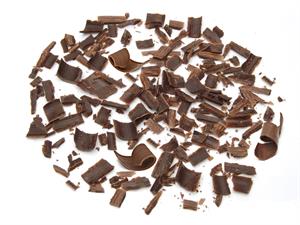
Chocolate flake
This stanza also talks about how children are often punished for their trivial mistakes rather than being guided. He wonders if his teachers have also been punished like that for such simple things in life. The stanza also reflects on the poet's personal life as he himself was punished several times because he could not get his spellings right.
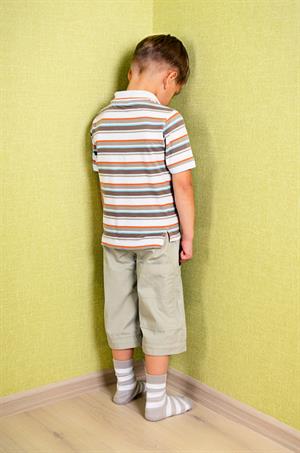
Child facing wall as punishment
The next series of questions also concerns the teacher's childhood. Children sometimes forget their books, kerchiefs, socks and other little things mostly because they are not worried about any materialistic things. The child asks if the teachers have ever lost their hymn books. Hymn book is a book full of Christian songs used in Church to sing in the chorus prayers. Convent schools sometimes have prayer meetings in the morning in which the students take part and sing songs. Losing a hymn book was supposed to be a great crime. But the child does not do it on purpose. So he asks if the teachers had unknowingly lost their hymn book.
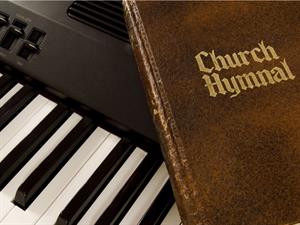
Hymn book
Some children do not like to eat their vegetables and greens. They focus more on taste rather than health because they do not know the importance of it. He asks if the teachers also has avoided it. In every school, students write their names, initials, friend's name on the top of their desks, which serves as good memories later. He asks if the teachers have created such memories with their friends. Like mentioned earlier, schools encourage students to wear clean clothes. But sometimes they wear old dirty jeans because most often people don't wash jeans daily because of the thickness of the material. Also, children play around with friends and make their clothes dirty. So he asks if his teachers have ever worn old dirty jeans since he has always seen them in neat and formal clothing in class. He wants to know what his teacher's life is, outside the four walls of the classroom.
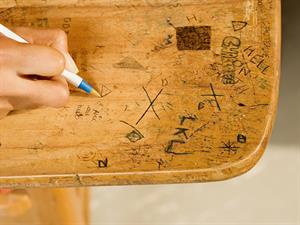
Child writing on desk
The child finally says that he will one day find the solution to all his questions, by following his teacher without their knowledge and observing their lifestyle. He also says that he will make a poem out of it so that everyone can share this new found secret and satisfy their curiosity.
